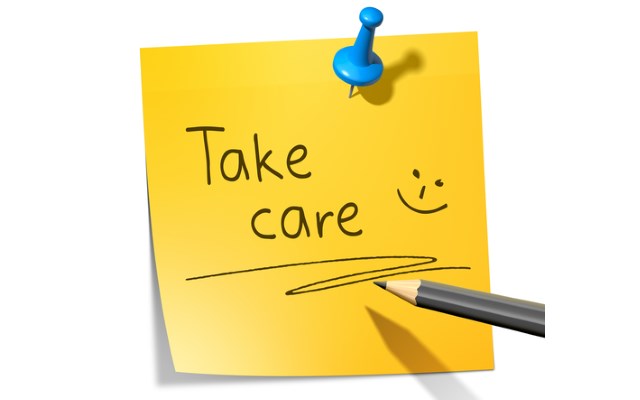5 essential tips for staying safe online

The security of the internet is an on-going concern. Whether you're online for fun, or you're conducting business, there are all manner of pitfalls you may encounter. Issues such as viruses and malware are now widely known about, but these are far from being the only security issues to concern yourself with. Security has been thrown into the limelight once again by high-profile stories like the Fappening, problems with SnapChat, concerns about the Whisper app, and the POODLE SSL 3.0 vulnerability.
A large proportion of companies and individuals are aware of the importance of anti-virus and anti-malware tools, firewalls and the like. Security tools are all well and good, but there's also a lot to be said in favor of changing online behaviors; it's something that the online community and businesses are increasingly coming to understand. Much of what this entails -- taking care about the personal information you share and educating yourself about services before you use them -- is common sense, but it bears repeating.
Jean Dobey is CEO of Virtual Artifacts, a company focused on producing tools that allow for communication, social networking, online payments, and shopping without compromising security. He has a number of tips which can help to protect user privacy and personal information.
1. Be aware of changing privacy policies
When it comes to sharing information through social media platforms and online communication tools, it's worth remembering that what’s private today may be public tomorrow if a site changes its privacy policies. As many sites revise such policies on a regular basis, privacy settings will often only offer a false sense of security.
2. Understand how social media platforms operate
Before you share through a social media platform, take the time to learn how it operates. Many of us place a lot of trust in social media tools without fully understanding the nature of such services. Facebook Lists are a good case in point. Trusting users would be forgiven for thinking that whatever they share through a list made up of their family members would only be accessible to the relations in question. In reality, what you share in a list is accessible to you, the people you’ve added to the list and a hidden audience comprising Facebook and any person or organization that’s paid Facebook to search your content.
3. Be selective with how and what you share
It may sound simple, but you can never be too careful when it comes to sharing personal information online. Apparently straightforward tasks like shopping online or installing an app can force us to expose private or sensitive information -- such as our purchasing preferences, our location or even our lists of contacts. Whether completing a transaction or connecting with someone through social media, it pays to always question who you’re sharing with, what you’re sharing with them, which context you’re sharing in and why. You can then decide what identity or persona you should display to connect with such an audience. In the end, it’s better to exercise a little caution than risk having your private data fall into the wrong hands.
4. Use two-step authentication
It never hurts to add a second stage to the authentication process, particularly when you’re dealing with sensitive personal data. But adding an easy-to-answer security question may only delay, rather than deter, someone. Any resourceful person will easily find your mother’s maiden name, your favorite band or the team you support online. Giving past instead of current information as the answer to a security question can reduce the likelihood of someone gaining access to your account. For example, if the question is ‘In what city or town does your nearest sibling live?’ your answer could be the place they lived ten years ago, instead of their current address.
5. Look at how those close to you, including your children, behave online
Taking the time to educate your children and speak with the other people in your life on the dangers of sharing personal or sensitive information online will not only help to protect their safety, it can also protect your family as a whole. Whether sharing information that could be exploited by others, making purchases online or visiting unsecure sites make sure they understand the potential risks both to themselves and those around them.
These tips may not be the be all and end all of online security, but they are steps in the right direction.
Photo credit: Markus Gann / Shutterstock